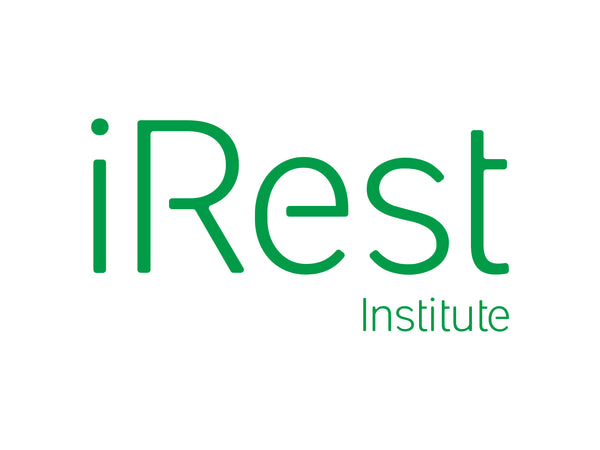
Revolution from Within: Yoga for Healing Ethnic and Race-Based Trauma with Dr. Gail Parker
Share
In times when citizens of the world press for change, tensions inevitably rise. Along the way, folks working for policy or leadership shifts may become frustrated waiting on the action of others. Yet the most profound change, writes psychologist and certified yoga therapist Dr. Gail Parker, comes from within.
“Change the world by changing yourself,” Dr. Parker writes in her new book, Restorative Yoga for Ethnic and Race-Based Stress. “Become the change you want to see. That is how you will make a difference.”
As president of the Black Yoga Teachers Alliance, Dr. Parker has thoroughly analyzed the vast potential of yoga and meditation to heal and transform lives. As the title of her book suggests, her work explores trauma of ethnic and racial origin, which, she emphasizes, we all may hold.
“In a racialized world,” she writes, “each of us has wounds based on events of ethnic and race-baced stress that are unacknowledged and therefore unhealed.”
In this week’s iRest Sangha Session, Dr. Parker joins founder Richard Miller for a sitting and discussion exploring the heart of her work. Pre-register to join the free session here.
In anticipation of the event, we at iRest Institute invite you to become more familiar with her book through the excerpt below, which appears courtesy of Dr. Gail Parker and Singing Dragon / Jessica Kingsley Publishers.

The Yoga of Relationship
We are hardwired for connection and motivated to avoid situations that socially exclude. Social exclusion, whether institutional, systemic or personal , conscious or unconscious, intentional or unintentional, is harmful, negatively affecting physical health and psychological well-being. Research has shown, for example, that people who have experienced the humiliation of social exclusion, and who report experiences of emotional loss and rejection early in childhood, are vulnerable to depression and to experiences of physical pain that have no medical explanation, such as fibromyalgia (Eisenberger 2012). Evolutionary history suggests that connection to others is beneficial because it increases our chances of survival by providing protection, safety, and additional resources. These findings should inspire us to think more carefully about the consequences of systematized, ongoing, recurrent ethnic and racial social exclusion and its impact.
As yogis, we have amazing tools that we can use to address ethnic and racial wounding and help the world become a better place for everyone. Yoga means union; the connection of body, mind, heart, and soul; the connection of one human being to another. It invites us into relationship with ourselves and with each other, even to those who are different from us. As the yoga community becomes more racially and ethnically diverse, we have an opportunity—actually, an obligation—to create welcoming communities that are culturally aware, supportive, and emotionally safe, and that promote social engagement and enhance well-being for all. But we have to work on ourselves first. This is an inside-out as well as an outside-in job. We live in a culture that is reactive to or in denial about issues associated with race and ethnicity, including cultural context. We have reflexive responses that might express as forms of social exclusion, shutting down a conversation, or minimizing someone else’s pain in an effort to avoid dealing with our own. It can be as simple as diverting eye contact, which we may not think of as harmful but can actually be devastating.
Let me give you an example. A former client gave a TED Talk about her journey from abject poverty as a homeless, pregnant teenager eating out of garbage cans, to an abundant life as a well-respected Ph.D. university professor. Hers is a compelling story. But what I remember most about the story she told is this. She said the most painful experience of her life, while she was homeless, was the refusal of people to look at her, to see her, and acknowledge her humanity. In effect rendering her invisible.
Let us not make that mistake with one another. As aware yogis, let us do our part to ease the pain of ethnic and racial distress by intentionally practicing the yoga of relationship. Let us be in connection, and conversation with one another, eye to eye, heart to hear, and soul to soul, while honoring one another’s humanity, regardless of racial and ethnic identity. Let this become our culture. This is how we begin to heal the wounds of racial distress, and this is what yoga has to do with it.
© 2020 Singing Dragon. Reprinted with permission. This article may not be reproduced for any other use without permission.

